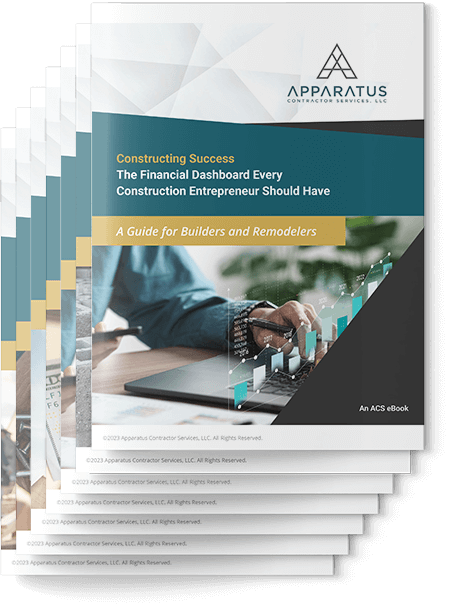In the dynamic construction world, leveraging a flexible workforce can be both an asset and a challenge. Hiring 1099 independent contractors offers the agility to scale up or down based on project needs. However, ensuring these crews are managed within the IRS guidelines is crucial to avoid potential tax pitfalls and ensure compliance.
If you’re grappling with the complexities of managing your 1099 crew, this guide will shine a light on the path back to compliance and peace of mind.
Understanding the IRS’s “Common Law” Rules
To determine whether a worker is an independent contractor, the IRS primarily focuses on the relationship’s nature concerning:
- Behavioral Control: Does the company control how the worker performs their tasks?
- Financial Control: Does the payer control the business aspects of the worker’s job?
- Relationship Type: Are there written contracts? Is the relationship ongoing or project-specific?
As a construction entrepreneur, it’s essential to align your working relationships with these guidelines.
Benefits and Responsibilities of Hiring 1099 Crews
Benefits:
- Flexibility: Adjust crew size based on project needs.
- Cost-Effective: Save on benefits, taxes, and other employee-associated costs.
Responsibilities:
- Ensure that all contractors provide a completed W-9 form.
- Issue 1099-NEC forms for contractors paid $600 or more during the year.
- Avoid exerting excessive control, which might reclassify them as employees.
Navigating Back to Compliance
If you suspect or know you’re not in compliance:
Step 1: Review your existing relationships with your 1099 crews. Align them with the IRS guidelines.
Step 2: Seek guidance from a tax professional familiar with construction industry bookkeeping. They can assist in rectifying past oversights.
Step 3: If you’ve misclassified workers, consider using the IRS’s Voluntary Classification Settlement Program (VCSP) to enjoy partial relief from federal employment taxes.
Step 4: Implement systems to ensure future compliance. This might include more detailed contracts, bookkeeping practices, or workforce management tools.
Proactive Management for Future Compliance
Document Everything: Keep meticulous records of payments, contracts, and correspondence with independent contractors.
Stay Updated: Tax laws and classifications can evolve. Regularly review IRS guidelines or seek expert advice to ensure continued compliance.
Educate Your Contractors: Make sure your 1099 crew understands their tax obligations, which can foster a more collaborative and compliant working relationship.
Conclusion
Managing a 1099 construction crew offers many benefits, but it comes with its fair share of responsibilities. The key is understanding the rules, staying compliant, and always being prepared to adapt. With the right approach, you can enjoy the flexibility of a 1099 workforce while keeping your business on solid financial and legal ground.
For more insights into construction industry bookkeeping and managing the unique challenges of our industry, stay connected to our blog. Together, we’ll build not just structures but also sustainable and compliant businesses.
GET THE PROFESSIONAL BOOKKEEPING HELP YOU NEED
Apparatus Contractor Services, LLC provides affordable bookkeeping, payroll, and CFO services exclusively to construction-industry businesses. Let us give you the precision bookkeeping foundation you need to grow a remarkably profitable construction business. LEARN MORE









